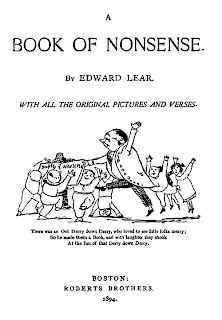So I caffeinated myself this morning and sat down to take inventory of all the advertised tenure-track job openings in my particular historical field/chronological period, and the resulting list is pretty grim. OK, I'll be totally straight with you: it sucks. In fact, saying I made "a list" of the jobs that I both am qualified for and would accept if offered sounds silly since there are only 3 jobs in total.
Back in August, I predicted that the 2010-11 academic job market was going to be bleak for people like me, that is Ph.D.s who are neither A.B.D. "stars" nor specialize in currently trendy, for whatever reason, fields/regions/sujects/time periods. (In history the trend thing is relatively unpredictable and has ranged widely in recent years from environmental, Western, and Native American history to Middle Eastern, African, and Atlantic world history. Right now Asian history is having its heyday, if you want to call it that.)
One minute your major research topic can be "hot"; the next minute, it's OUT, ala Project Runway. However, the obvious difference is that clothing designers might spend at most a few months working on a new look before discovering it fails to measure up to the fashion world's latest whim. Academics spend years and years (even decades) researching, writing, rewriting, publicizing, agonizing over, waiting for feedback on, and, finally, publishing their work.
If a historian's special niche topic, which required multiple overseas research trips over a period of 5-6 years, suddenly lacks lustre in the academic marketplace, due primarily to external factors, what's one to do? Start over? Chuck the entire thing or tear it to shreds like last season's gown? Change topics or fields? Pretend to specialize in the Mediterranean world? No, the reasonable thing to do is press on with one's original topic and hope for the best, a tactic that may or may not work out in a junior historian's favor but is nonetheless the only option for most of us.
Of course, it's feasible that we junior scholars could simply walk away, say "to hell with it," and start exploring new non-academic career possibilities, so long as they absolutely do not involve spending multiple years on a magnum opus with little, or 0, market value. But walking away from this brutal market is a simultaneously liberating and terrifying prospect. I would feel immediate, intense relief if I stopped laboring at something that no one really wants to employ me full-time to keep producing. If there is no demand for what I'm selling, why continue to sell it? If my one-woman ship is going down, why not grab the nearest lifeboat and make for shore? (Really, how many metaphors do I need to construct before it finally sinks in that my work is not even valued by academe?)
 |
| Get me off this shinking ship-stat! |




.jpg)













